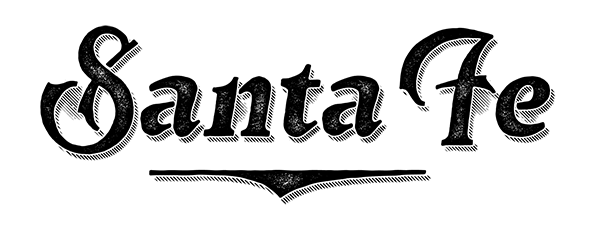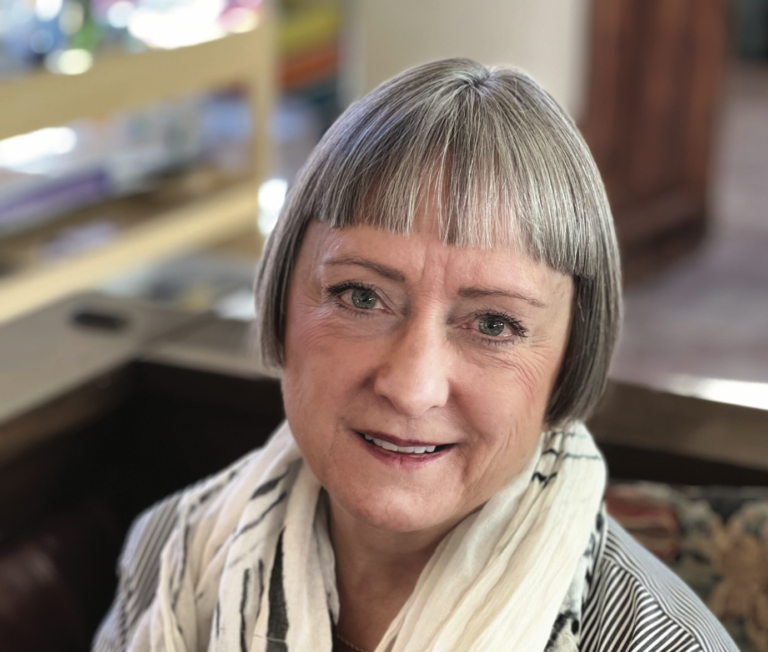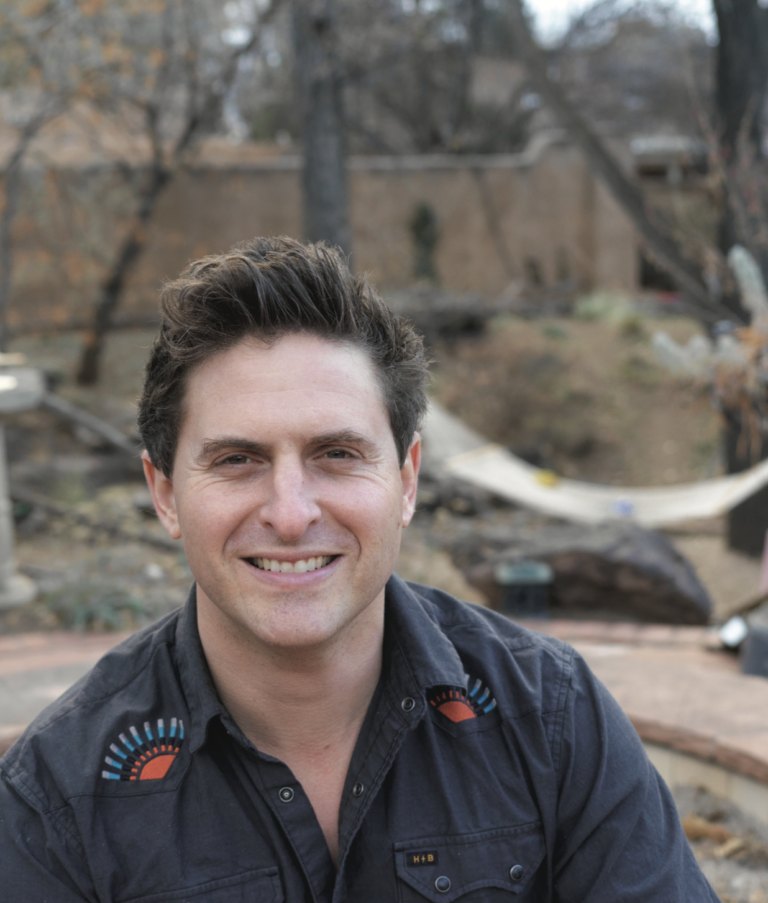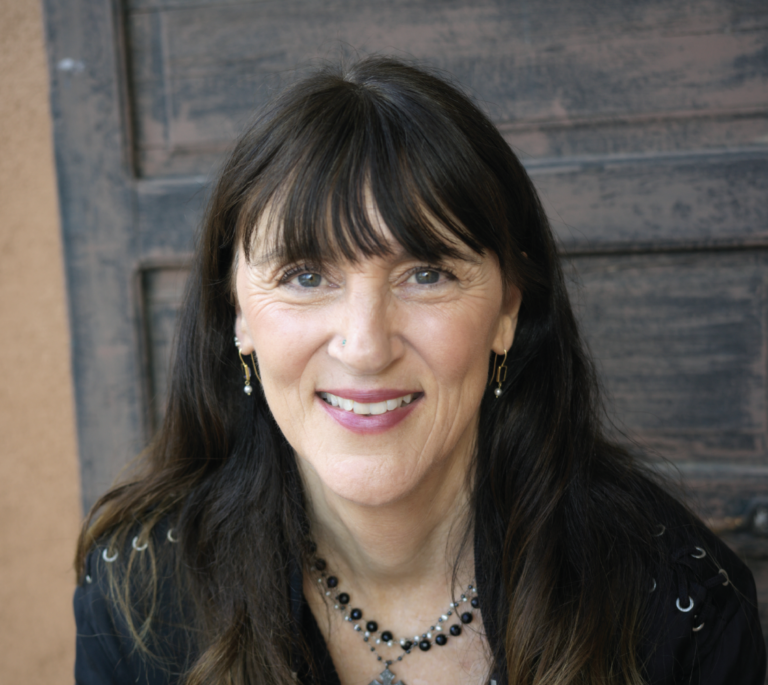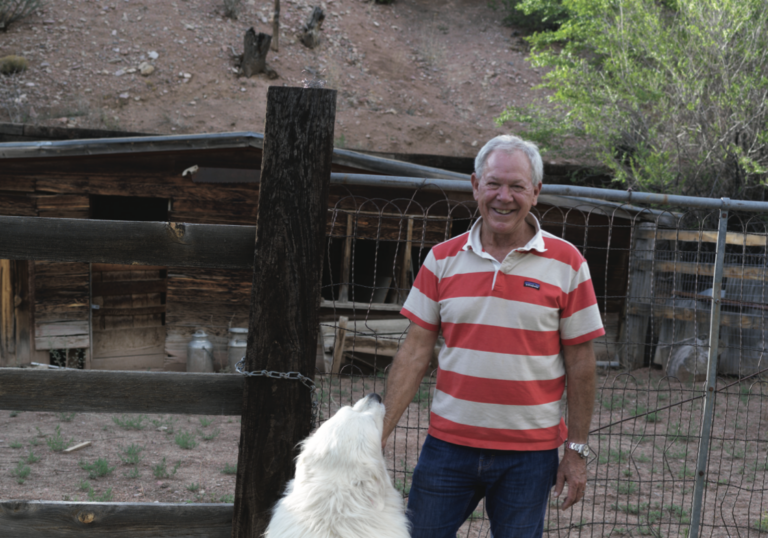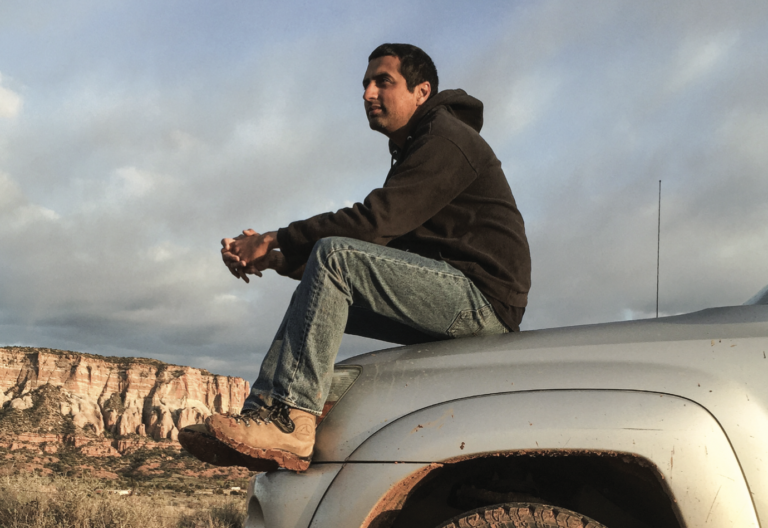NUTS.
That’s what General Anthony McAuliffe said when he was asked for surrender at Bastogne. It turned out to be the right call.
Being told that you have cancer is often the first shot over the bow, the first moment that the prospect of mortality becomes palpable and real. After the shock, you decide to fight to win, and you have a powerful expectation for your doctors.
You want an implacable ally, with the oversight of a wartime general, and boots on the ground presence of a battlefield platoon commander. You want someone who has fought countless wars, and knows the weakness of their enemies. You want experience, you want heart, you want dedication. You want someone to take the journey with you.
If that’s what you want, Andrea is your woman. By the way, even if you don’t have cancer, you would still want to meet her.
As an oncologist, do you ever have days when everything that normally works doesn’t work?
Well, everyday things go wrong. My days are busy. I often see 20-25 people.
For example, it’s really important for us to get blood work before we have patients so that we can make sure that everything looks okay before chemo. But when the machine goes down and all of a sudden you don’t have blood work, then you can’t do anything because you’re waiting and your patients are waiting and then they have to send the blood to the hospital. With cancer care, everything is complicated. There’s so many little steps along the way just to get someone upstairs into the infusion room for treatment.
I think balancing it all is a skill, it’s not something that comes innately to most people – to just sit in it and not let it get to you. That’s part of what burnout is. If you just get so frustrated and wrapped up in the moment of it, it’s emotionally exhausting. You have to move through it. The more gracious you can be through that, the better off you are.
Gracious is a good word. Did you want to be a doctor when you grew up?
Marine biologist. I have this Dr. Seuss book from when I was five or six and it asks, What do you want to be? I wrote, a marine biologist. It was because of my grandpa. My grandpa was just the kindest man, that quiet kindness that’s always in the background.
And I’ve always loved animals. I’ve always had a dozen of some animals at all times in my house. I always loved the water. I always felt like I was a fish out of water. That I had been born into the wrong part of the earth, if that makes any sense. I loved the ocean, but the more I knew about the science, the less interested I was in studying the coral reef patterns.
But I loved science still. I got a degree in molecular biology, and I got into a lab with a great mentor and we were doing genetics. It fascinated me that our body was able to do this, that it could detect evasion by our immune system. The whole process of it, I found intellectually very stimulating.
You said that you find cancer fascinating.
Yes. How our bodies turn on ourselves; what makes that happen? Our body is so miraculous, how we’re even born in the first place. From two cells, we make it out 99% of the time, we come out all right.
And learning about how cancer starts, the genetics behind it, the mutations, I just love the molecular part of it. How DNA is replicated and how it fixes itself. It just seems so miraculous, so smart. Who designed this?
When we get a mutation, and suddenly you get a cancer, what causes that? How do we fix it? There are so many points that it can go wrong, that a cancer develops. I just loved all the complicated systems of it. I remember when I was a kid I had this playset that I loved just setting up because there were so many pieces to it. Once I set it up, I didn’t wanna play with it anymore. I loved the interconnectedness of everything. And that’s how I think about cancer and the biology of it. Learning about it and then trying to figure out how to fix it.
You talk as if cancer is your adversary.
The words we use with cancer – I’m battling cancer, I’m fighting cancer. These war words we don’t say with other things, even life-threatening things. I find that very interesting of how we choose to talk about it.
But I like helping someone who is often at the worst time of their life. There’s the science part of it, but there’s the more nuanced part — the art of medicine, of deciding things with each person. It’s not cookie-cutter.
WANT TO READ MORE? SUBSCRIBE TO SANTA FE MAGAZINE HERE!
Photo SFM
